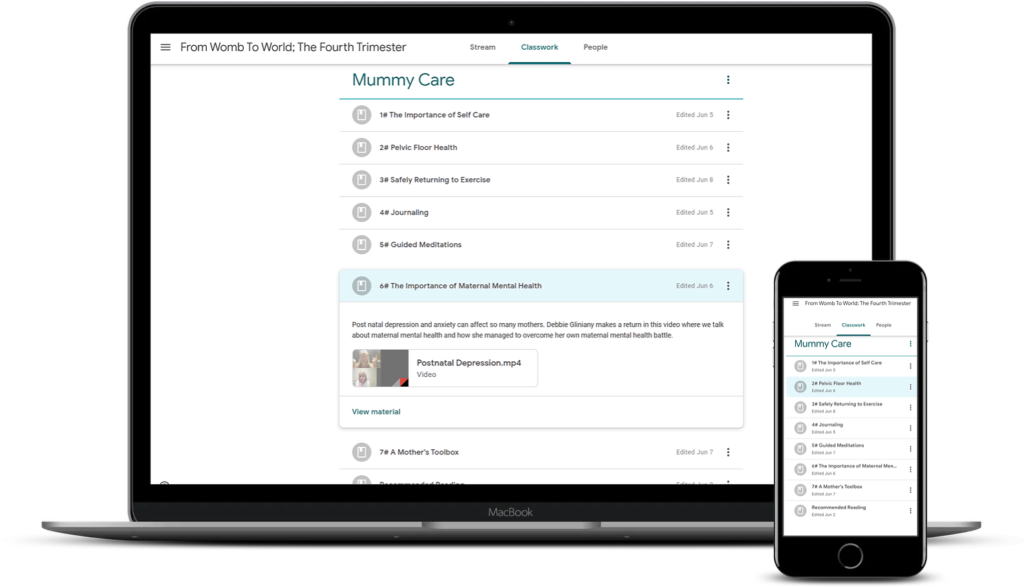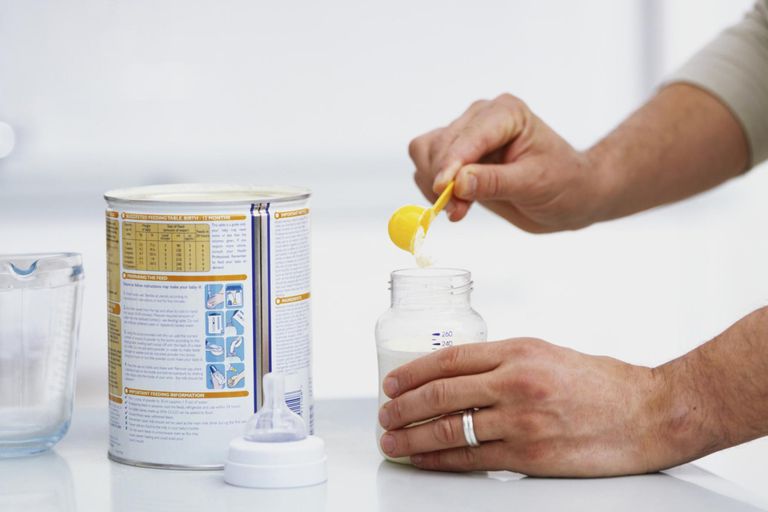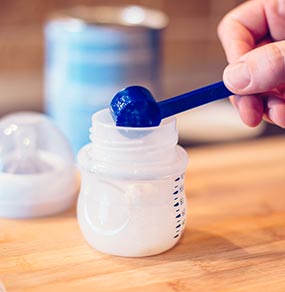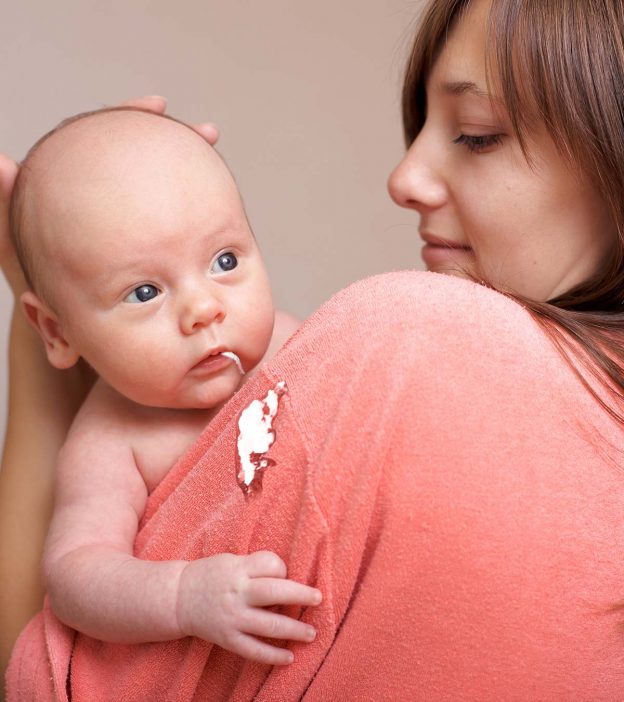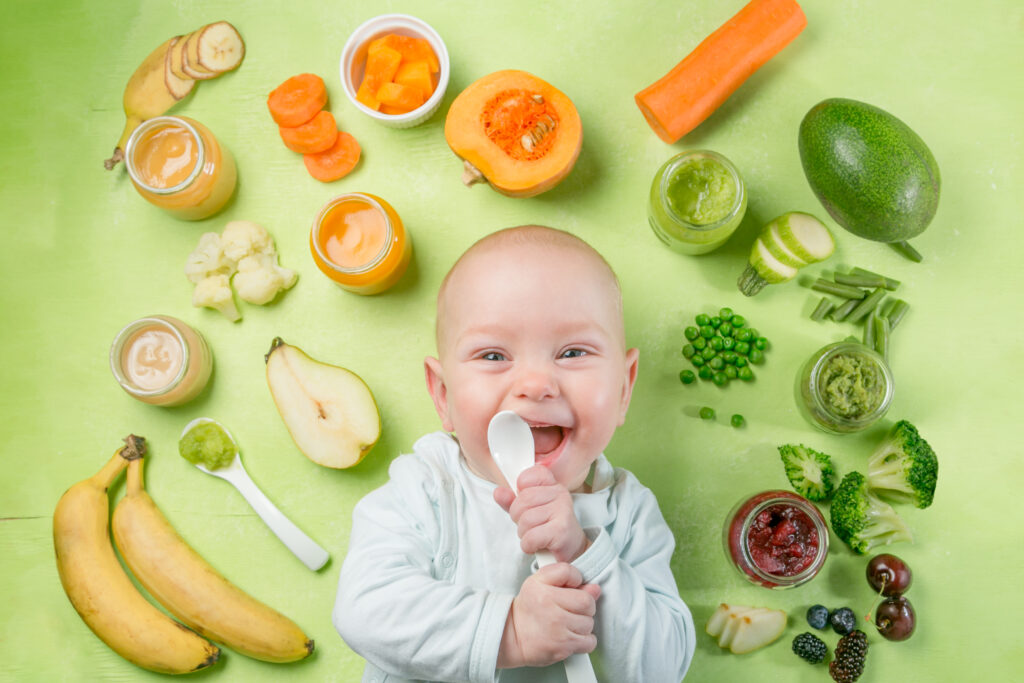All healthy humans have enzymes in their gut called lactase. Lactase helps digest the lactose sugars in milk. As we grow older our lactase diminishes and this can result in lactose intolerance. Most infants produce sufficient levels of lactase to deal with the amount of milk that they consume so lactose intolerance in babies is quite rare.
Why do babies suffer with lactose intolerance?
Although lactose intolerance in babies is rare there is a condition which is called transient intoleance (temporary). When this is the case, babies usually exhibit colicky symptoms. Parents often believe it is colic which gets better in time as it is due to it’s transient nature. It can be caused by an overload of lactose sugars which is usually as a result of feeding issues. Once the body has dealt with the overload then the baby returns back to their usual self. This can make parents believe that their baby has passed their colic stage, when in fact the lactase enzymes have been restored.
Secondary lactose intolerance is another common type of lactose intolerance in babies. This occurs when something damages the end of the villi in the small intestines, which sends out the lactase to break down the sugars. This can be caused by a number of things such as viruses like rotavirus or antibiotics which alter the gut microbiome. It can also occur after babies receive immunisations too.
What are the symptoms of lactose intolerance?
- frequent loose stool
- frothy or green stools
- explosive stools
- nappy rash
- frequent crying
- trapped wind
- bloated/distorted tummy
Lactase Drops
Parents with babies suffering from lactose intolerance often revert to trying lactase drops such as Colief or Co-Lactase. These are added to the milk, and break down the lactose sugars before the baby feeds. This puts less stress on the baby’s gut whilst the intestines repair themselves. Studies have provided mixed results on whether they work or not, however there is no adverse side effects to using them in the short term.
Lactose Free Milk
If a breast-fed baby is suffering with lactose intolerance, it would be of no benefit for the mother to cut out dairy in her diet. Lactose sugars in her milk will always remain present. It is advised that breastfeeding mothers continue to feed their baby without changing their diet.
For the formula fed baby, there are lactose free milks available. It is important to remember that lactose sugars are important for a developing an infant’s brain so lactose free milk should only be used for a short time.
If your baby is struggling with colic and you would like to receive expert colic advice bespoke to your baby then I offer virtual consultations, click here to find out more https://colicsos.com/colic-services/ or book your 15 minute call.


